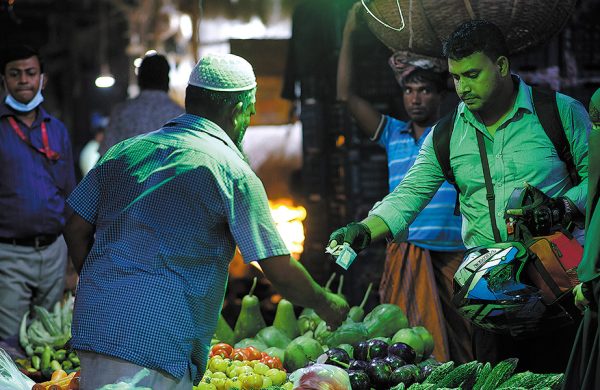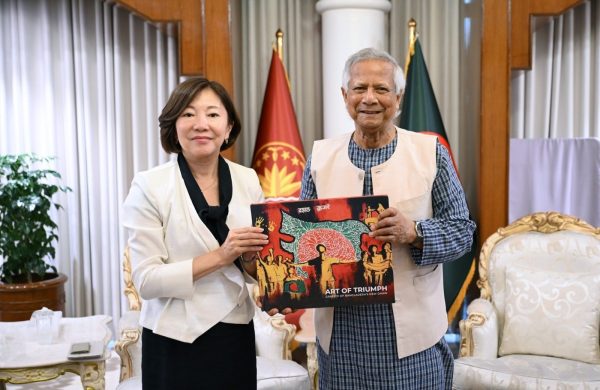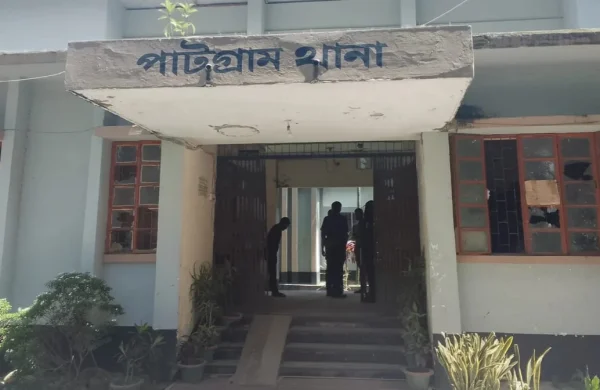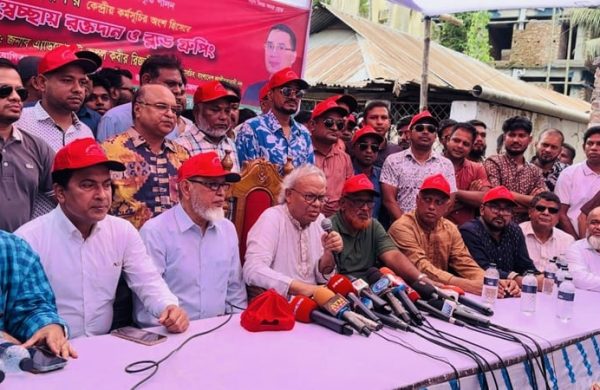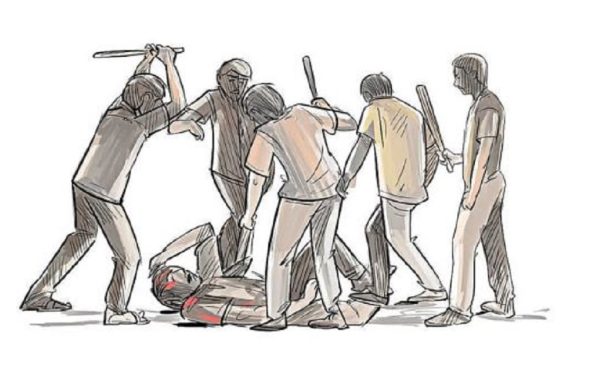Textile millers urge cenbank steps to clear $44m payment stuck in banks
- Update Time : Wednesday, January 15, 2025
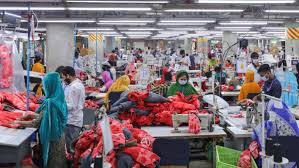
TDS Desk:
According to the Bangladesh Textile Mills Association (BTMA), the amount represents “Accepted/Matured” bills under 961 back-to-back letters of credit (LCs) opened with banks for export-oriented apparel factories in the country.
The association has also urged the central bank to extend the credit period to facilitate the import of industrial raw materials and support smooth import-export operations.
The BTMA put forward these demands in two letters to the central bank governor and a deputy governor on 13 January. One letter highlighted that many BTMA member mills are facing a liquidity crisis due to a large number of unpaid bills.
This issue was also discussed in detail during a meeting between Bangladesh Bank Governor Ahsan H Mansur and the BTMA delegation on 17 December, where the governor assured that steps would be taken to clear the outstanding payments as soon as possible.
The letter also noted that BTMA, the largest organisation in the primary textile sector, has 1,850 member mills, including spinning, weaving, and dyeing-printing-finishing units.
The sector represents an investment of around $22 billion, making it the largest private sector investment. The textile and apparel industry accounts for about 84% of the country’s export earnings, with domestic mills supplying 70% of the raw materials and contributing around 30% of foreign exchange earnings.
WHY MILLERS SEEK EXTENSION OF CREDIT PERIOD
One of the letters highlighted that a central bank circular issued on 30 June 2024 had extended the credit period for importing raw materials until 31 December 2024. However, with the expiration of this tenure, millers are now facing difficulties in importing the necessary raw materials.
On 17 December 2024, during a meeting between bank representatives and the BTMA delegation, discussions were held on the challenges facing the sector, including the proposal to extend the credit period for industrial raw material imports.
Following the meeting, BTMA submitted a comprehensive report outlining the problems and challenges in the export-oriented textile sector, along with possible solutions and recommendations, prioritizing key actions to address these issues.
The report highlighted several factors affecting production capacity, including the Ukraine-Russia and Israel-Palestine conflicts, the global economic recession, significant depreciation of the taka, a 250% increase in gas prices, a 70% rise in workers’ wages, political unrest, worker strikes, and shortages in gas and electricity supply.
As a result, mills are operating at just 40%-50% of their production capacity, it added.
Additionally, the export-oriented textile industry, including manufacturing units, has faced substantial losses due to adverse exchange rate impacts on raw material imports.
While the central bank’s circular extending the credit period until 31 December 2024 provided temporary relief, the expiration of this period has led to mounting difficulties for the industry.
Given these challenges, textile millers have emphasized the urgent need to further extend the credit period for importing industrial raw materials to sustain trade operations.
The BTMA has urged the central bank to take immediate action to extend the credit period in line with the 30 June 2024 circular.
The circular, dated 14 December 2023, extended the usance period to 360 days from 180 days for the import of industrial raw materials, including back-to-back imports, and for agricultural implements and chemical fertilizers under supplier’s/buyer’s credit.
The policy support has been extended until 31 December 2024, although the extended usance period will not apply to imports under EDF loans. Other relevant instructions remain unchanged.







